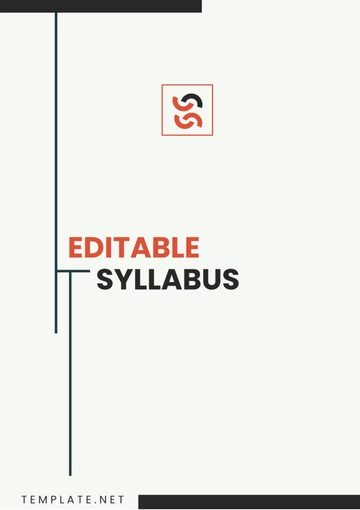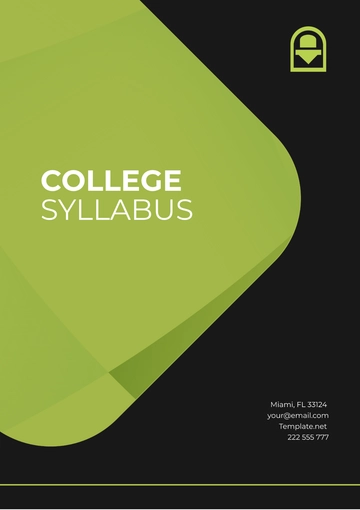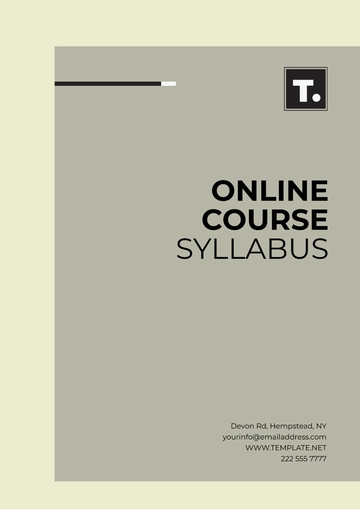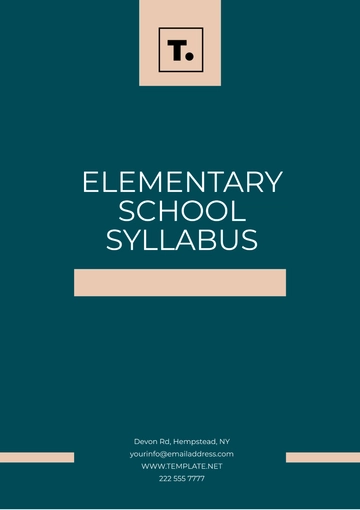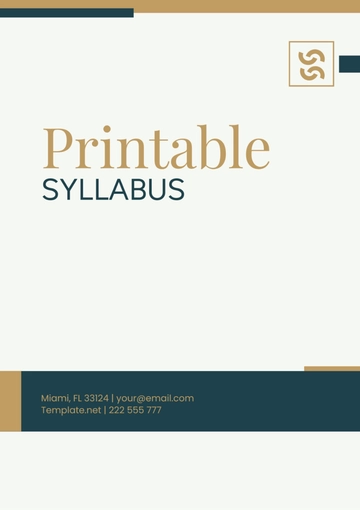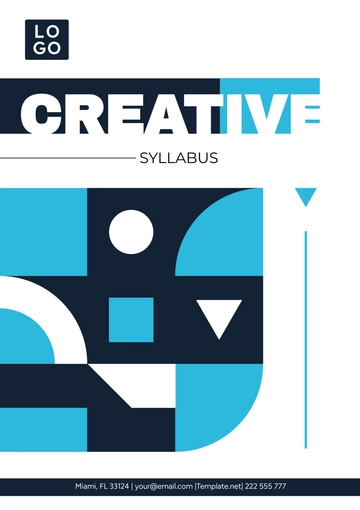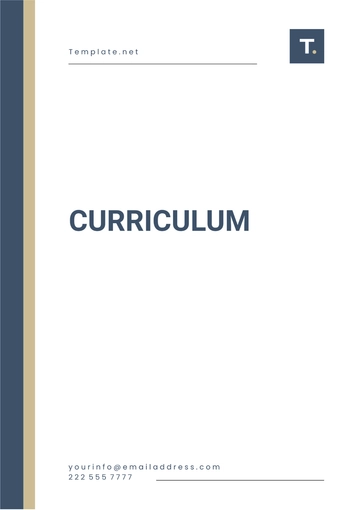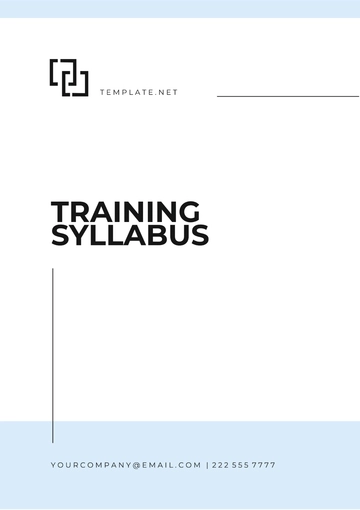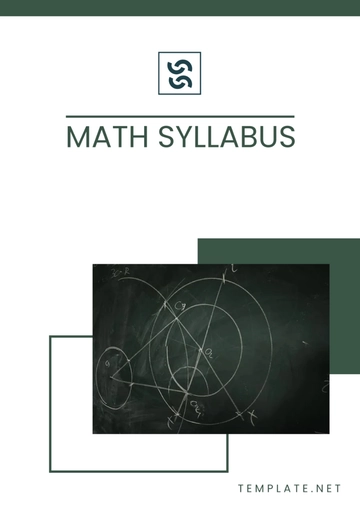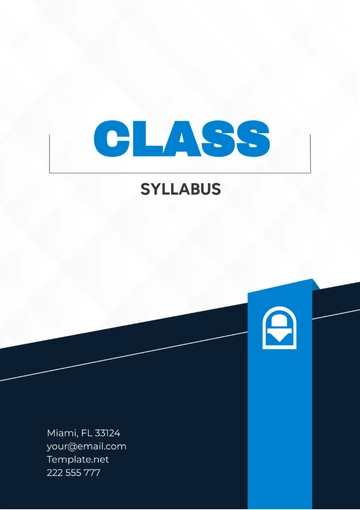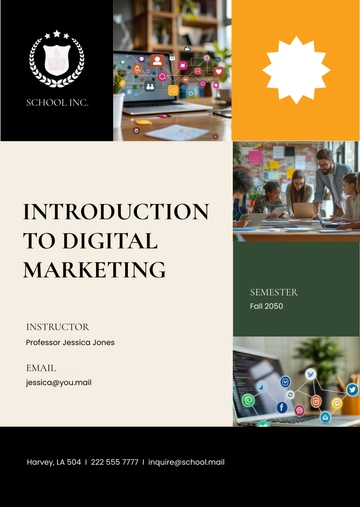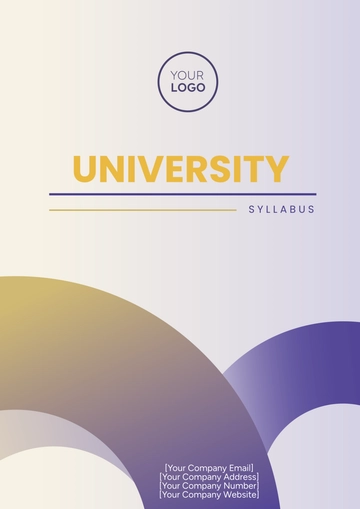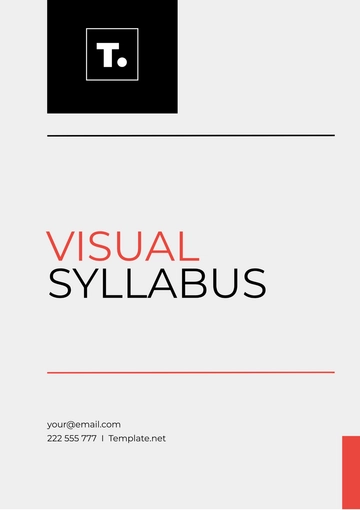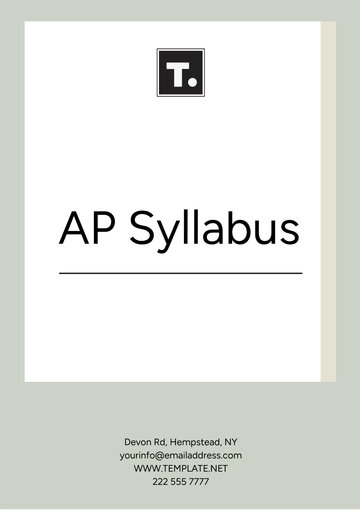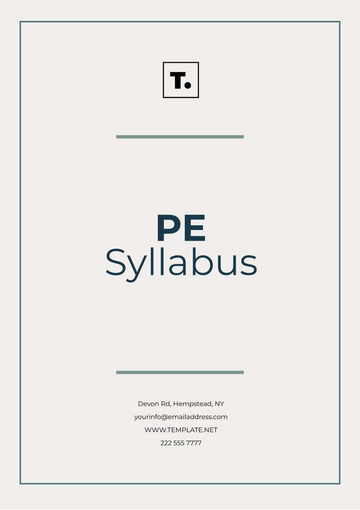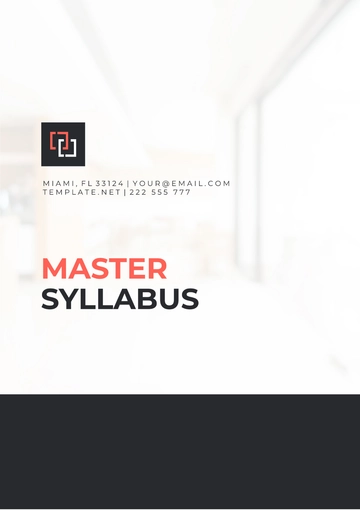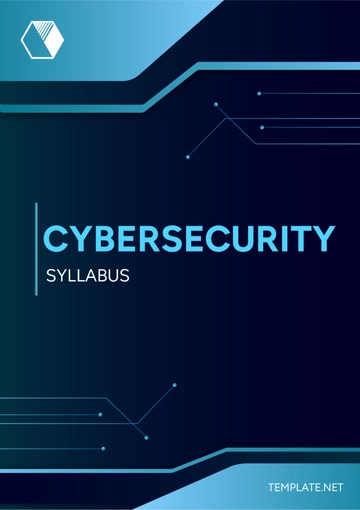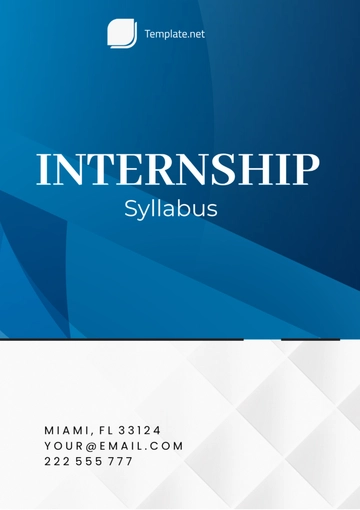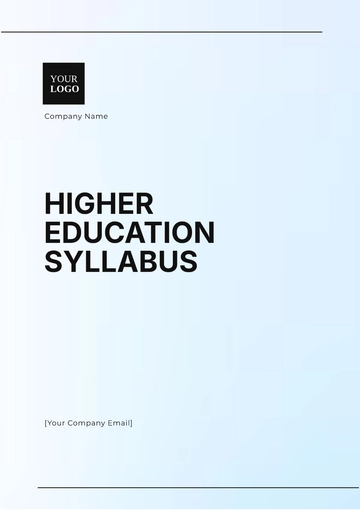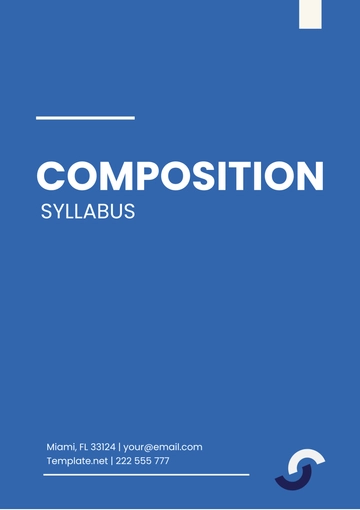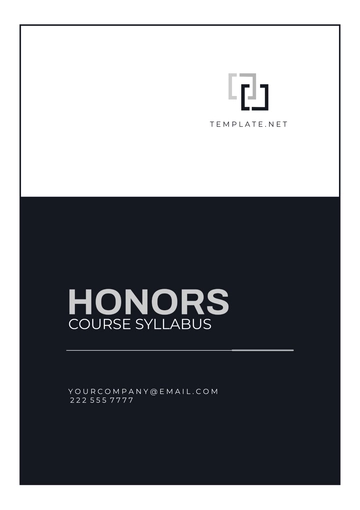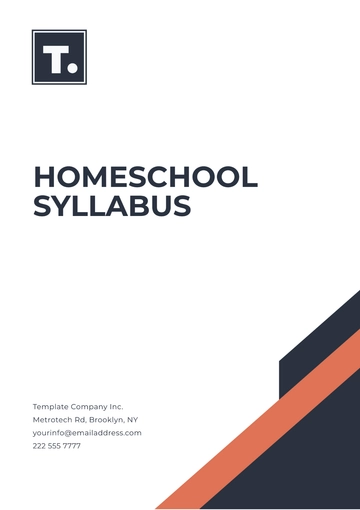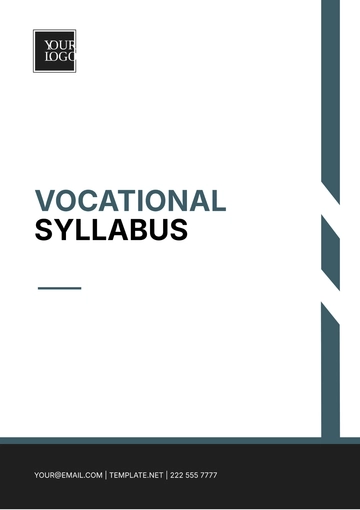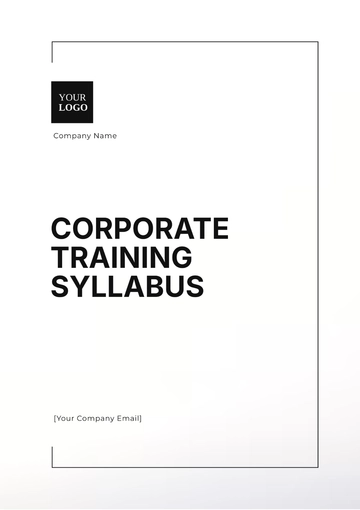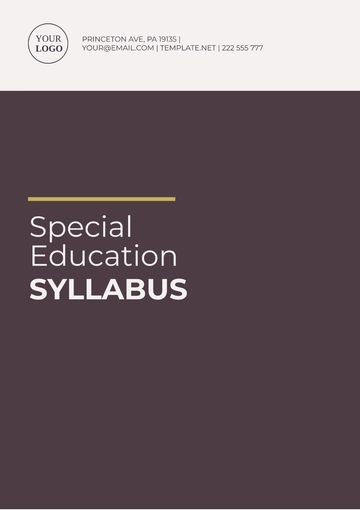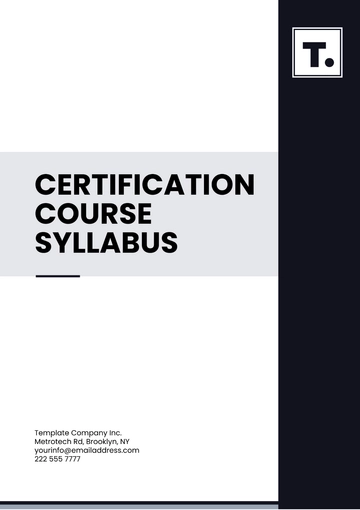Free Graduate Seminar Syllabus
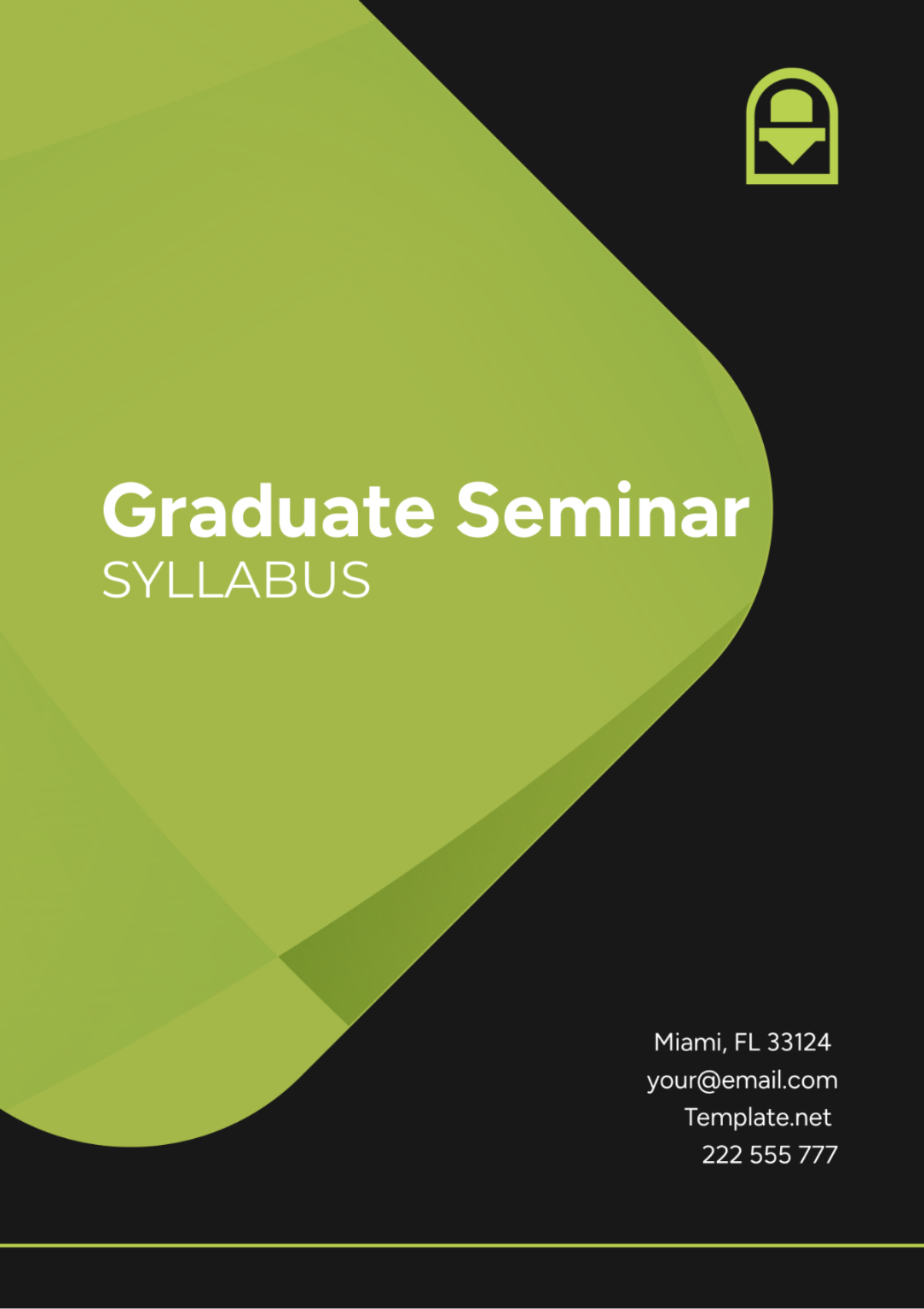
Graduate Seminar Course
Course Title | [COURSE TITLE] |
Course Code | [COURSE CODE] |
Instructor Name | [YOUR NAME] |
[YOUR EMAIL] | |
School Hours | [SCHOOL HOURS] |
Class Location | [CLASS LOCATION] |
Class Time | [CLASS TIME] |
Class Duration | [DATE] - [DATE] |
1. Course Description
This graduate-level seminar course delves into in-depth academic discussions, advanced research methodologies, critical analysis, and professional development within the student's respective field of study. Guided by expert faculty, students will engage in advanced investigations and analyses of their selected topics, fostering critical thinking and collaborative learning.
2. Instructor Information
Instructor: [YOUR NAME]
Organization: [YOUR COMPANY NAME]
Contact: [YOUR EMAIL]
3. Learning Objectives
Develop advanced research skills in the respective field of study.
Engage in critical discourse related to prominent issues within the field.
Generate original insights and articulate them effectively in oral and written formats.
Develop professional competencies for career advancement in the chosen field.
Enhance collaboration and interpersonal skills through group projects and presentations.
4. Course Schedule
Week | Topic | Activities |
|---|---|---|
1 | Introduction to Advanced Research |
|
2 | Critical Analysis |
|
3 | Professional Development |
|
4 | Interdisciplinary Collaboration |
|
5 | Research Ethics and Academic Integrity |
|
6 | Advanced Research Presentations |
|
5. Required Readings and Materials
"Qualitative, Quantitative, and Mixed Methods Approaches" by John W. Creswell
"Studying Organizational Symbolism" by Barry A. Turner
"Critical Thinking: The Nature of Critical and Creative Thought" by Gerrit A. Lanning
"Professionalizing Leadership" by Barbara Kellerman
Latest versions of popular academic software like SPSS, NVivo, etc.
6. Assignments and Assessments
Seminar Discussions: Students will partake in weekly seminar sessions, critically discussing the chosen topics and their implications within the field.
Reading Reflections: Each week, students will provide a written reflection on the assigned reading, discussing their insights and critiques.
Research Project: A capstone research project will integrate the theoretical and methodological elements of the course and apply them to a topic chosen by the student.
Group Presentation: Students will join in groups to present multi-perspective analysis of a chosen issue.
Professional Development Plan: Students will create a plan based on the knowledge and skills they have gained in the course which maps out their future career path in their respective field.
7. Course Policies
Class Participation: Students are expected to contribute regularly to class discussions, demonstrating their understanding and questioning of the course materials.
Academic Integrity: All assignments must reflect individual’s original work. Plagiarism will not be tolerated.
Attendance: Regular attendance at seminar sessions is pivotal for academic success and class participation grades.
Late Assignment Policy: Late assignments will be subject to a grade deduction unless a valid reason supported by documentation is provided.
Accessibility: Any student with a documented disability needing academic adjustments is requested to speak with the instructor during the first two weeks of class.
8. Grading Policy
Grading Component | Weight |
|---|---|
Seminar Discussions | 30% |
Reading Reflections | 20% |
Research Project | 20% |
Group Presentation | 20% |
Professional Development Plan | 10% |
9. Additional Resources
University library offers online research resources and databases.
Academic writing workshops and tutorials offered by the Writing Center.
Professional development seminars and networking events organized by the Graduate School.
10. Communication Guidelines
Clear and effective communication is vital for success in this course. Students are encouraged to communicate with the instructor regarding any questions, concerns, or accommodation needs. Regular updates and announcements will be posted on the course platform to keep students informed of any changes or important information.
Disclaimer
This syllabus is subject to modification at the discretion of the instructor. Any adjustments will be communicated to students in advance. It is the responsibility of each student to stay informed about any changes to the syllabus, course requirements, or schedule. Failure to adhere to the syllabus may result in academic penalties or other consequences. By enrolling in this course, students acknowledge their understanding and acceptance of these terms.
- 100% Customizable, free editor
- Access 1 Million+ Templates, photo’s & graphics
- Download or share as a template
- Click and replace photos, graphics, text, backgrounds
- Resize, crop, AI write & more
- Access advanced editor
Elevate your graduate seminars with ease using Template.net's Graduate Seminar Syllabus Template. Crafted for efficiency, this editable and customizable resource streamlines syllabus creation. Seamlessly modify and tailor your syllabus to meet specific course needs using our Ai Editor Tool. Enhance organization and clarity effortlessly.

